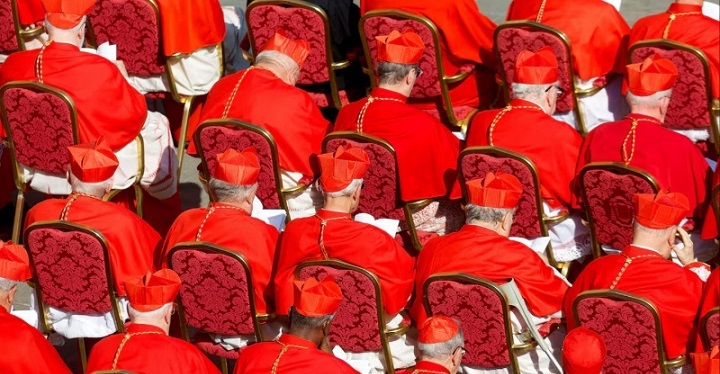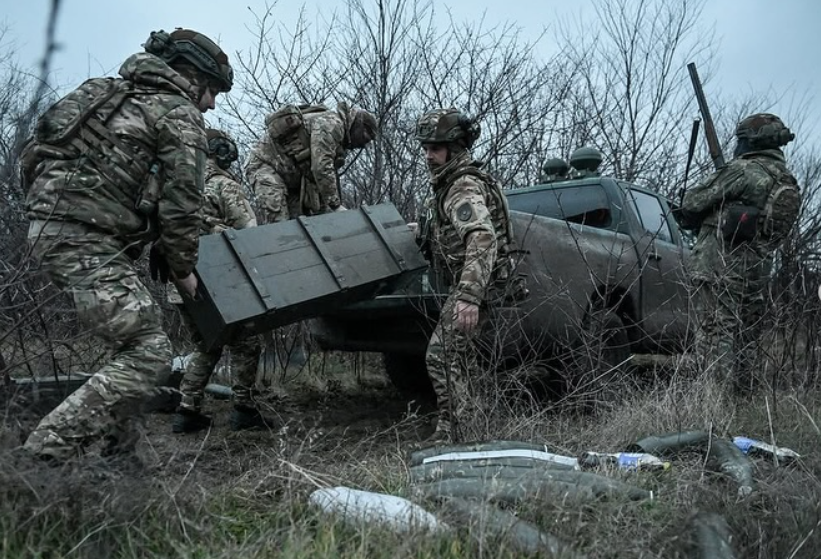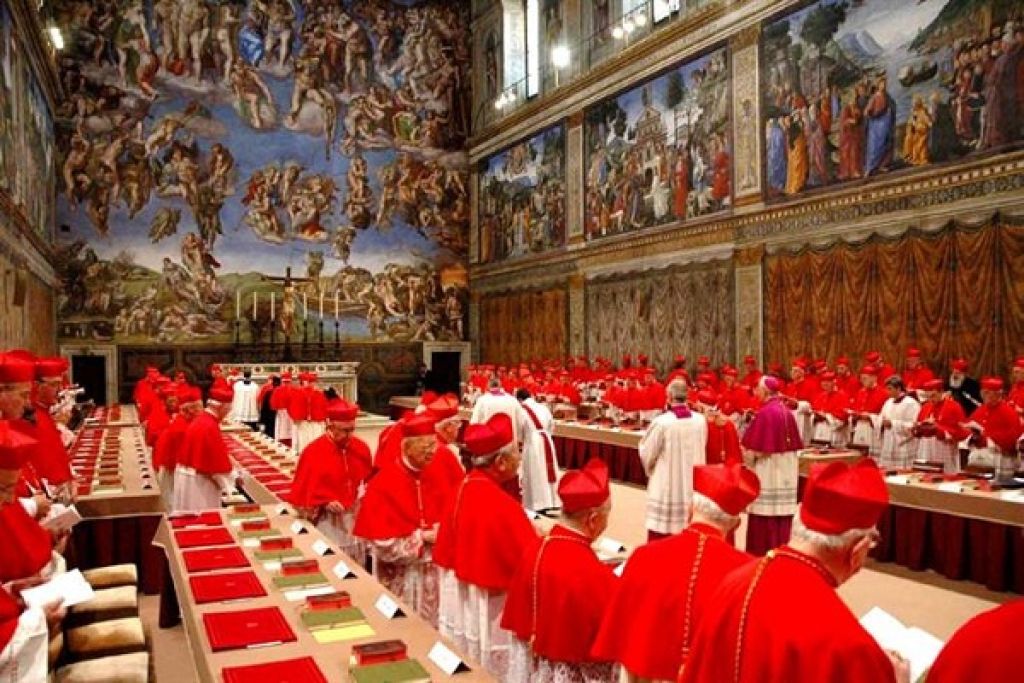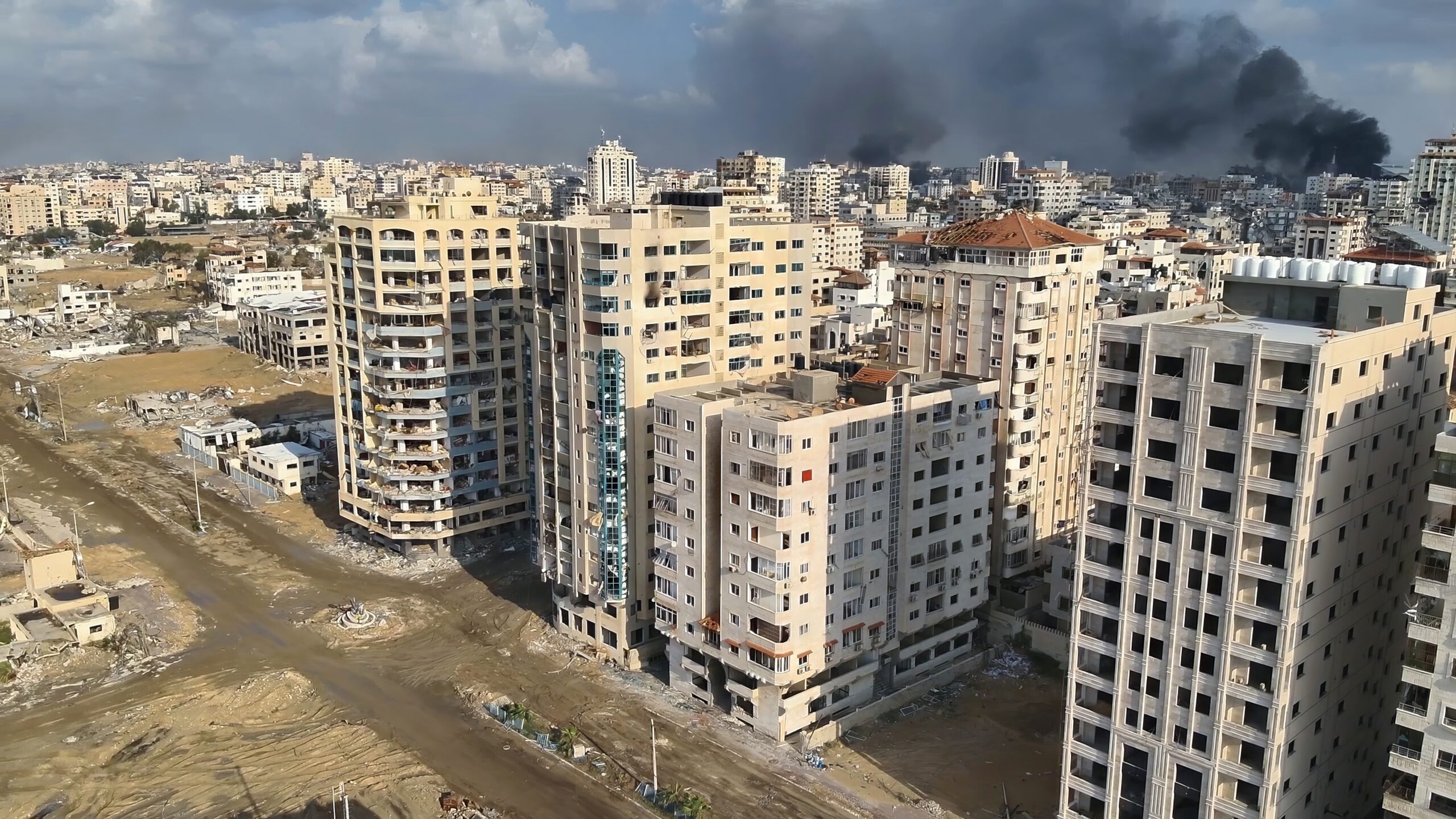Bolton emphasized that America’s vision for the region is “one of independence, self-reliance, and growth — not dependency, domination, and debt.”
However, the plan is also likely to result in additional cuts to aid and peacekeeping programs.
“This strategy is the result of an intensive interagency process, and reflects the core tenets of President Trump’s foreign policy doctrine. Importantly, the strategy remains true to his central campaign promise to put the interests of the American people first, both at home and abroad,” Bolton told the audience at the Heritage Foundation on Thursday.
“Under our new approach, every decision we make, every policy we pursue, and every dollar of aid we spend will further US priorities in the region,” he said.
Specifically, the Trump administration’s approach appears to lean heavily on the promise that the US will be able to advance trade and commercial ties with nations across the region by exposing the “predatory practices pursued by Russia and China.”
“Great power competitors, namely China and Russia, are rapidly expanding their financial and political influence across Africa. They are deliberately and aggressively targeting their investments in the region to gain a competitive advantage over the United States,” Bolton said.
By focusing economic efforts “on African governments that act with us as strategic partners, and, which are striving toward improved governance and transparent business practices,” Bolton said the US will help prepare those nations address security threats, including terrorism and militant violence.”
“Our goal is for the nations of the region to take ownership over peace and security in their own neighborhood,” he added.
CNN reported last month that the Pentagon has already approved a long-awaited plan to reduce the number of US troops conducting counterterrorism missions in Africa over the next three years, despite senior US military commanders warning last year that the terror threat in many African nations was growing, particularly in West Africa.
The planned reductions are part of a broader global effort intended to help better align the US military’s global posture with the Trump administration’s new National Defense Strategy, which focuses more on “near-peer” competitors like Russia and China as opposed to counterterrorism missions.
A senior defense official said that the US would be “changing, and yes, reducing some of our efforts” and said “by recouping some of this investment, it allows us to train, experiment and plan for the near peer competitors.”
The administration’s economic push in Africa is also intended to challenge inroads that have allowed China and Russian to exert a growing amount of influence on the continent.
China has a strong foothold in Africa, though, with massive infrastructure spending and development. While it will be difficult for the US to confront Beijing’s influence in the region, distrust of China’s lending policies is growing and Bolton said the administration intends to capitalize on that discontent.
In October, the New York Times reported that “episodes involving discriminatory behavior by the region’s growing Chinese work force have unsettled many Kenyans, particularly at a time when their government seeks closer ties with China.”
For it’s part, Russia “is also seeking to increase its influence in the region through corrupt economic dealings,” according to Bolton, who said Moscow “advances its political and economic relationships with little regard for the rule of law or accountable and transparent governance.”
“In short, the predatory practices pursued by China and Russia stunt economic growth in Africa; threaten the financial independence of African nations; inhibit opportunities for US investment; interfere with US military operations; and pose a significant threat to US national security interests,” Bolton said.
One problem is that the US is not clearly seen as the better option for African nations with Trump at the helm.
The Trump administration has cut aid to Africa for vital health programs that have real impact on lives and no one forgets the January Oval Office meeting where the President decried immigrants from the continent as coming from “shithole” countries, comments that prompted a rare public a rebuke from several African leaders.
Trump also waited more than a year to meet an African leader, though Bolton alluded to a potential upcoming presidential trip to the continent.
Still, Bolton claimed that the Trump administration is prioritizing Africa in a way previous administration’s failed to do, emphasizing the long-term goal of helping nations in the region become self-sufficient.
But at the same time, the Trump administration has already cut several programs intended to foster long-term development from the ground up, a move that has raised questions about the US commitment to working with nations in the region in a mutually beneficial way.
One such program is the State Department’s Young African Leaders Initiative, a group of young people who have been chosen from pool of applicants in the tens of thousands, to come study in the US because they are actively making their communities better in some way at home.
Under the Trump administration, YALI programs have been cut by one-third, meaning hundreds fewer students from throughout sub-Saharan Africa are able to come to the US, according to Neil Piper, executive director of The Presidential Precinct, which hosts the Mandela Washington Fellowship.
“This program is reaching people throughout Africa, in places where no one else is going. There is a lot of bipartisan support for it,” he told CNN. “Now this is 250 fewer young leaders per year — who are actually making positive changes in their home communities — who won’t have this kind of support and exposure to the United States. It’s a big missed opportunity.”
“In Africa, it’s clear that China is making investments on the ground. Looking for opportunities to make real connections will be key. Otherwise, we’re going to be left behind by other countries willing to do this,” he added.
But Bolton argued that the US has spent billions of taxpayer dollars on aid to Africa and little has changed.
“They have not stopped the scourge of terrorism, radicalism, and violence. They have not prevented other powers, such as China and Russia, from taking advantage of African states to increase their own power and influence,” he said.
“Our new foreign assistance strategy would ensure that all US foreign aid, in every corner of the globe, advances US interests,” Bolton added. “From now on, the United States will not tolerate this longstanding pattern of aid without effect, assistance without accountability, and relief without reform.”
Bolton’s approach was also criticized by humanitarian groups.
“While we commend the recognition of African countries as important trade and security partners, the strategy falls short in providing a coherent approach to preventing violent conflict and terrorism across the continent,” Richmond Blake, Director of Policy and Advocacy for Mercy Corps said.
Blake also observed that “a commitment to advancing human rights and democracy” was absent from the strategy.










Leave a Reply